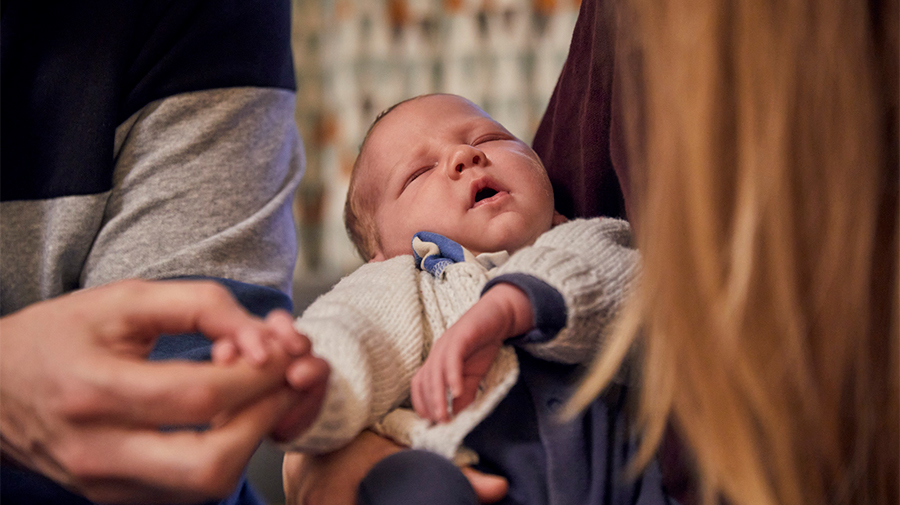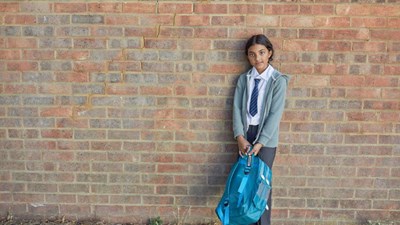Earlier face-to-face health visits are important to identify early safeguarding concerns and provide support to new parents.

Nearly 100,000 new-born babies didn’t receive their first health visit within the recommended 14 first days last year, according to our new analysis of data from the Office for Health Improvement and Disparities (OHID).
Between 2021 and 2022, only 83% of families received their first health visit within 14 days.1 This is down from the previous year, when 88% received them within the first 2 weeks.
There are also concerning regional discrepancies with visits within the first two weeks of a baby’ life in the Southwest down to 73% and visits in the East of England as low as 71%.
This decrease in early health visits takes place at a time where cases of neglect in children under one are rising, increasing by 7% in the last year. Alongside this, the Institute of Health Visiting recently highlighted that 60% of health visitors are reporting further increases in child safeguarding concerns over the last year.
The Healthy Child Programme sets the foundations for health and wellbeing in the early years and outlines the role of health visitors in achieving this. The guidance outlines that a new baby review should take place within 14 days, face-to-face with a health professional.2
It’s vital that new birth visits are undertaken as soon as possible, as they help health visitors identify early safeguarding concerns such as neglect, ensure that the infant is growing up in a healthy and safe environment, and provide crucial support to new parents.
However, research suggests that there’s a national shortage of at least 5,000 health visitors in England with figures continuing to rise. A 2023 report from the Institute of Health Visiting found that last year, only 37% of health visitors felt they could provide a ‘good’ or ‘outstanding’ service to safeguard children and 14% self-rated their service’s ability to safeguard children as ‘inadequate’.3
As the healthcare system continues to be impacted by staff shortages and a lack of adequate funding, we’re calling on the Department of Health and Social Care to deliver on their promise and supply a refreshed Healthy Child Programme.
The Government has also committed to an NHS workforce plan in 2023. We’re calling for health visitors to be a key focus of this plan with sufficient funding committed to filling the shortfall in the health visitor workforce. This plan should address this issue head on and complement the updated Healthy Child Programme.




